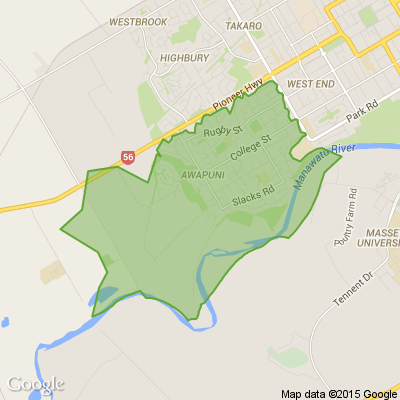How to Make Hemp Rope
Knowing how to make rope was once a critical skill for survival and self-sufficiency on the frontier. Early settlers were able to make rope from a variety of materials, but the main thing they used was hemp.
A rapid growing plant, hemp is perfect for making rope. Hemp grows fast. It produces up to 75 tons of dry matter per acre per year. It thrives in poor soil, needs no fertilizers or pesticides to succeed, and gobbles up atmospheric CO2, stymieing the greenhouse effect. It produces more fibre per pound than either cotton or flax, and these fibres are easily extracted in order to make hemp rope, twine, or cord.
Hemp rope is easy to make. Some methods involve using a rope machine, but fortunately such an investment isn’t necessary to the process. All you really need is some hemp fibre or hemp twine, and a short piece of wooden dowel. Our hemp rope maker, available in our shop, will really streamline the process for you if you plan on making lots of hemp rope.
Step one: Separate the hemp fibres or unwind the hemp yarn and cut into lengths approximately twice as long as the desired length of the rope. Continue cutting until you have a bundle of fibres approximately half the size of the diameter of rope you’d like to make.
Step two: Grab the bundle of fibres and fold it in half, securing the fold by placing a dowel rod through the resultant loop and into the ground. Smooth the fibres of this bundle down by running your hand along the length of the cord.
Step three: Divide the bundle in two, holding half the fibres in your left hand and half the fibres in your right.
Step four: Twist each bundle clockwise until the cord you are creating begins to kink and loop. Pull as hard as you can while twisting.
Step five: Twist the two cords together, wrapping one over the other in a counter clockwise motion, to form a rope.
Step six: Secure the ends with overhand knots beginning with the end in your hands. Once the first end is tightly tied, slip the rope off the dowel rod and tie it as well.
To make a cable, repeat steps 2 through 6 and twist the two ropes together. This process can be repeated as many times as you like, making thicker, stronger cables as you go.
Enjoy making your own hemp rope! This technique can be used to make hemp twine, hemp cord. and hemp yarn as well. It all depends on the size of the fibres you start with. Need some ideas for what to do with your newly made hemp rope? Try using a piece as a clothesline, for air-drying your clothes. Make a hemp leash for your pet, or keep your hemp twine petite for use in jewellery making.
Making rope is a great way to be self-sufficient and eliminate the supply chain requirement. Everything you can make yourself is one less packaged product– in this case, one less coil of synthetic rope– that needs to be manufactured for you. Have fun!
Best way to use leftovers?
I'm sure you've got some excess ham at home or cold roast potatoes.
What are some of your favourite ways to use leftover food from Christmas day? Share below.

⚠️ DOGS DIE IN HOT CARS. If you love them, don't leave them. ⚠️
It's a message we share time and time again, and this year, we're calling on you to help us spread that message further.
Did you know that calls to SPCA about dogs left inside hot cars made up a whopping 11% of all welfare calls last summer? This is a completely preventable issue, and one which is causing hundreds of dogs (often loved pets) to suffer.
Here are some quick facts to share with the dog owners in your life:
👉 The temperature inside a car can heat to over 50°C in less than 15 minutes.
👉 Parking in the shade and cracking windows does little to help on a warm day. Dogs rely on panting to keep cool, which they can't do in a hot car.
👉 This puts dogs at a high risk of heatstroke - a serious condition for dogs, with a mortality rate between 39%-50%.
👉 It is an offence under the Animal Welfare Act to leave a dog in a hot vehicle if they are showing signs of heat stress. You can be fined, and prosecuted.
SPCA has created downloadable resources to help you spread the message even further. Posters, a flyer, and a social media tile can be downloaded from our website here: www.spca.nz...
We encourage you to use these - and ask your local businesses to display the posters if they can. Flyers can be kept in your car and handed out as needed.
This is a community problem, and one we cannot solve alone. Help us to prevent more tragedies this summer by sharing this post.
On behalf of the animals - thank you ❤️

Unwanted lawnmowers
Hi.i am looking for lawnmowers going or not that you want gone.free pick up..021665838.thankyou








 Loading…
Loading…




















